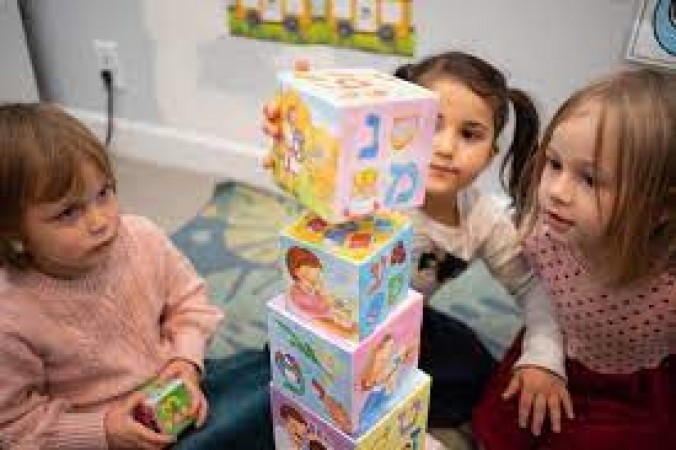
Children's songs have been an integral part of childhood for generations, bringing joy, entertainment, and valuable learning experiences to young minds. These delightful melodies and lyrics have a profound impact on children's cognitive, emotional, and social development. In this article, we will explore the significance of children's songs and how they positively affect the growth of our little ones.
1. Stimulating Early Learning
Encouraging Language Development
Children's songs are rich in vocabulary, rhymes, and repetitive patterns, making them excellent tools for language development. When kids sing along, they learn new words, enhance pronunciation, and improve their grasp of sentence structures. The rhythmic nature of songs also aids in memorization and retention of information.
Boosting Cognitive Skills
The catchy tunes and engaging lyrics of children's songs stimulate cognitive functions in young minds. Studies show that exposure to music enhances memory, problem-solving abilities, and spatial reasoning skills. Moreover, songs often convey educational concepts, such as numbers, colors, and shapes, fostering early learning in an enjoyable way.
2. Emotional Benefits
Expressing Emotions
Children's songs often touch upon various emotions like happiness, sadness, excitement, and love. Singing and dancing to these tunes offer an outlet for children to express their feelings freely. It helps them understand emotions, develop empathy, and manage their emotional well-being.
Creating a Sense of Comfort
Familiar children's songs can provide a sense of comfort and security to youngsters. Whether it's a lullaby before bedtime or a soothing tune during challenging times, these songs have the power to calm and reassure children, easing their anxieties.
3. Social Development
Encouraging Interaction
Singing and dancing to children's songs often take place in group settings, such as schools or playgroups. Participating in these activities fosters social interaction among children, helping them build friendships, develop cooperation skills, and learn to work together.
Cultivating Cultural Awareness
Children's songs from different cultures expose young ones to diverse traditions and customs. This exposure promotes cultural awareness, acceptance, and respect for others, contributing to the development of well-rounded individuals.
4. Enhancing Motor Skills
Coordinating Movements
Many children's songs come with fun dance moves or hand gestures that require coordination. Engaging in these movements enhances children's gross and fine motor skills, improving their physical abilities and overall body control.
Improving Speech Development
Some children's songs focus on enunciation and articulation, encouraging clear speech and pronunciation. As kids sing along and mimic the sounds, they strengthen their speech muscles, leading to improved speech development. Children's songs play a vital role in the growth and development of young children. From stimulating early learning to fostering emotional well-being and promoting social interaction, these delightful tunes offer a multitude of benefits. Parents, educators, and caregivers can harness the power of music to create a nurturing and enriching environment for children.
Ayush Ministry, ICMR joins hands to set up Health Research Centres at AIIMS
INSAT-1C: Celebrating 35 Years of India's Space Triumph
ForwardX Robotics to Hit an upward Million Dollar mark after a long time